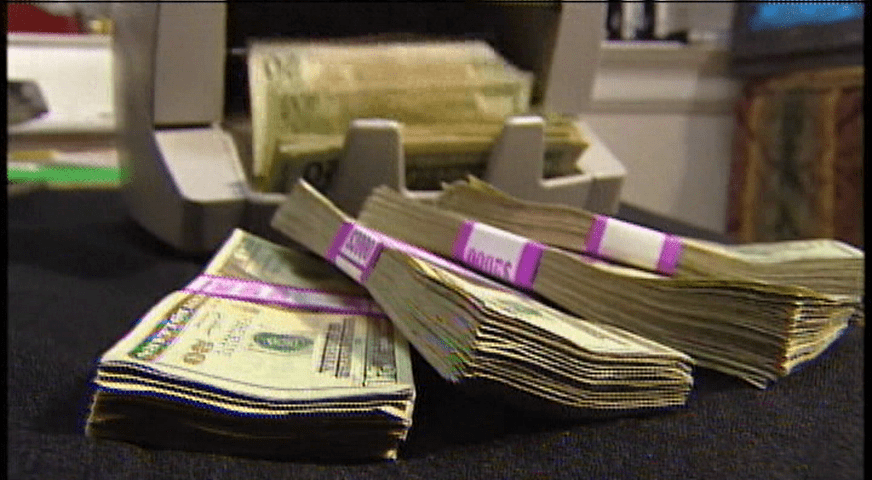A Covid-19 fraud schemed millions in the form of a Federal Child Nutrition Program
[anvplayer video=”5136288″ station=”998130″]
On Tuesday, a covid-19 fraud that was supposed to help feed children unfolded.
Authorities say what started as a simple idea, crafted in March of 2020, grew to become the largest pandemic fraud case in the United States.
“Their goal was to make as much money for themselves as they could while falsely claiming to feed children during the pandemic. As their plan met with initial success. They were joined by many others who also wanted to make money by falsely claiming to feed needy children,” said Andy Luger, The United States Attorney for the District of Minnesota.
The U.S. Attorney’s Office for the District of Minnesota announced federal criminal charges for 47 defendants in six indictments and three information in a $250 million scheme that exploited a federally-funded child nutrition program.
United States Attorney for the District of Minnesota Lugar said some of their charges included: “conspiracy, wire fraud, money laundering, and paying and receiving illegal kickbacks.”

Frontline worker pay heading out this week in Minnesota.
Related Story: Feds: Minnesota food scheme stole $250M; 47 people charged
It is called the “Feeding Our Future” fraud! Six organizations were formed that licensed themselves as part of the federal child nutrition program. Organization employees recruited people to open up these programs through the state of Minnesota.
The money was supposed to help supply food for children, instead, those funds went towards other things. “They used this money that was to be used to feed needy children in Minnesota. Instead, it was used primarily for the benefit of the defendants. And this $250 million is the floor. Our investigation continues to use this money that was supposed to be used for feeding children to buy houses in Minnesota, resort property and real estate in Kenya and Turkey, luxury cars, commercial property, jewelry, and much more.”
Second Harvest Northern Lakes Food Bank Executive Director, Shaye Moris, expresses its unfortunate and how it can ruin the trust between food banks and the people utilizing their services.
“I feel like we do a lot to make sure that the public has faith in us, that we are transparent with funds, and that we use funds to where a donor has asked for them to go. It gives all charitable organizations really a bad name.”
Its money, Moris says could have been used for the good of humanity.
“Just think of all the people that could have benefited from that support, you know, that was generously provided. It’s really sad! We know through so many visits here, what families were going through, what seniors were going through. And it is just really unfortunate because it really probably could have helped a lot of people at such an important time.”